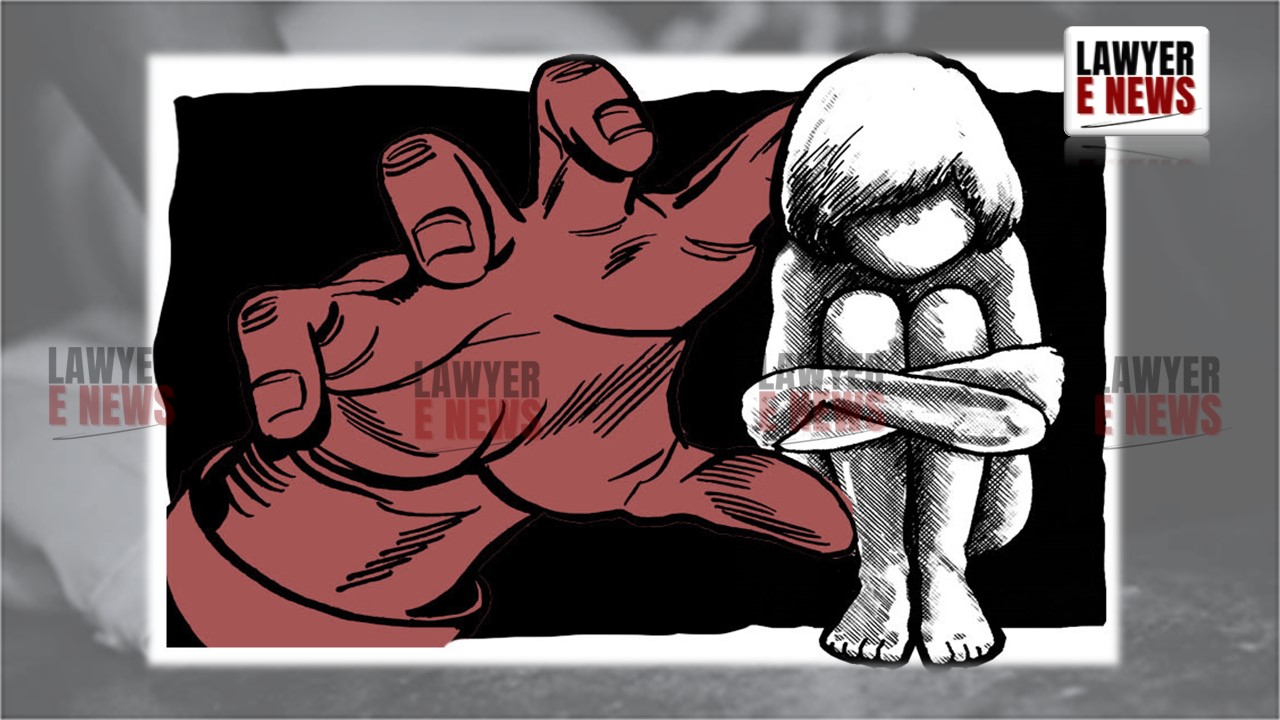-
by Admin
15 February 2026 5:35 AM



Kerala High Court dismissed a petition under Section 482 CrPC seeking to quash criminal proceedings against Mohanan, accused of sexually assaulting his 7-year-old granddaughter. Justice G. Girish held that allegations under the POCSO Act and IPC require judicial scrutiny through trial, even if the victim’s mother retracts her allegations via an affidavit.
The petitioner argued that the case was fabricated as an act of retaliation by the victim’s mother due to personal disputes. However, the Court emphasized that heinous offences involving children must be tried in the interest of justice and public welfare.
“Serious Offences Under POCSO Require Trial, Even if Allegations Are Retracted”
The Court observed that retraction of allegations or private settlements cannot justify quashing criminal proceedings in cases involving heinous offences. It stated:
"The accusations leveled against the petitioner are to be tested in the proceedings before the designated court. The trial process is essential to examine the veracity of allegations and the affidavit retracting them." [Paras 6, 14]
The petitioner, a retired Section Officer of the University of Calicut, was accused of committing sexual offences against his granddaughter between 2017 and 2019. The accusations included rape and penetrative sexual assault, punishable under:
• Sections 376 AB, 376(2)(f)(n), and 376(3) IPC;
• Sections 4, 5(l)(m)(n), and 6 of the POCSO Act; and
• Section 75 of the Juvenile Justice Act, 2015.
The petitioner claimed the case was fabricated by his daughter (the victim’s mother) out of personal enmity and submitted an affidavit from the victim’s mother stating the complaint was false. He argued that the case should be quashed based on this affidavit.
The Court held that offences under the POCSO Act involve public interest and cannot be quashed merely on the complainant’s retraction. Relying on State of Madhya Pradesh v. Laxmi Narayan (2019) 5 SCC 688, the Court emphasized that such cases require trial to determine the truth. It further observed:
"In cases like this, the prosecution cannot be nipped in the bud invoking Section 482 CrPC. Serious allegations under the POCSO Act must be scrutinized through trial."
The Court clarified that the petitioner could raise his defenses, including the retraction affidavit, at the trial or during discharge proceedings. However, quashing the case at the preliminary stage would be premature and against public interest.
The Court dismissed the petition, declining to quash the proceedings in C.C. No. 845/2019. It directed the trial court to proceed with the case, while allowing the petitioner to raise his defenses at the appropriate stage.
1. The petitioner was permitted to appear through counsel during trial, except when personal presence was indispensable.
2. The trial court was directed to consider the retraction affidavit and other defenses during the hearing on discharge or framing of charges.
The judgment balances the petitioner’s rights while ensuring that the serious allegations are judicially examined in trial.
The decision highlights that heinous offences under the POCSO Act must be pursued in trial to uphold justice for vulnerable victims. The Court’s approach ensures that allegations are not dismissed lightly, preserving the public interest in prosecuting serious crimes against children.
Decision Date: January 9, 2025
